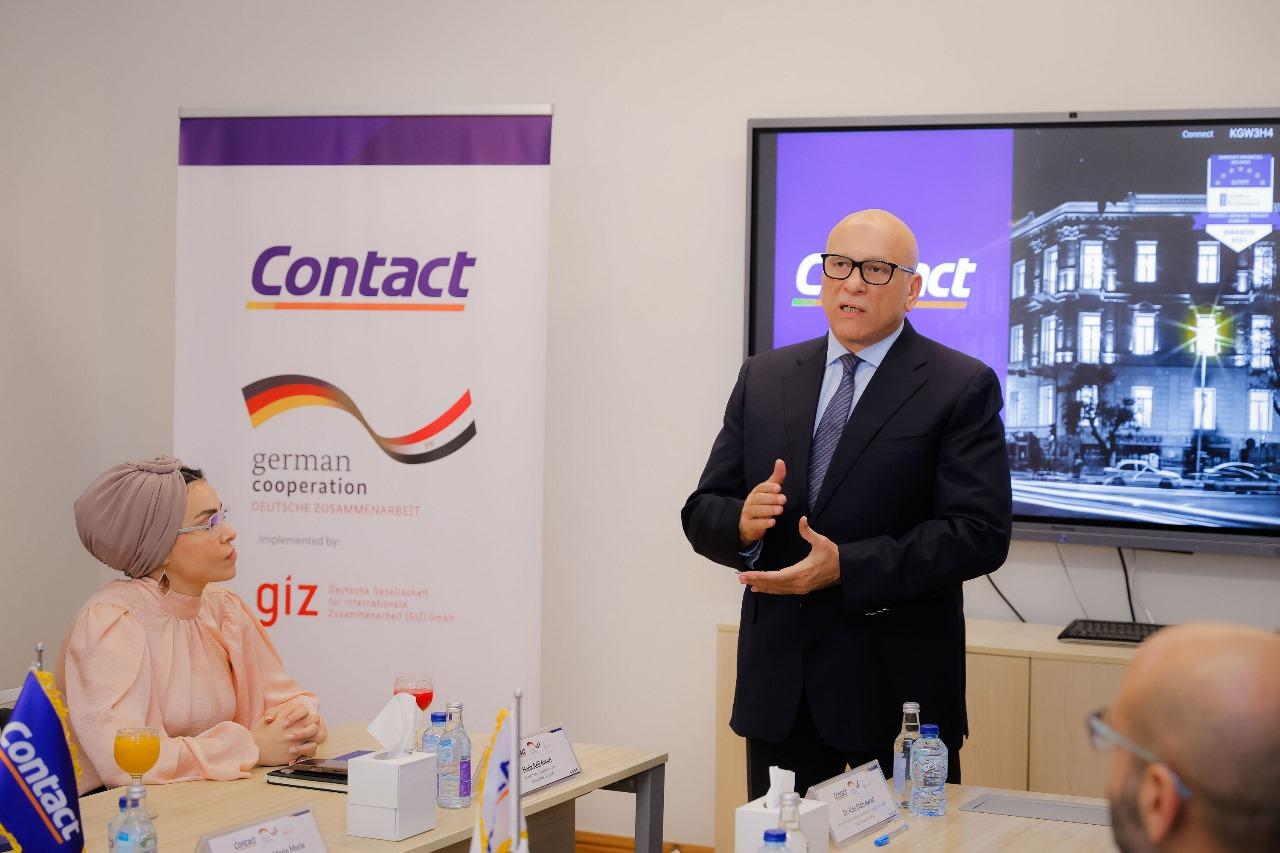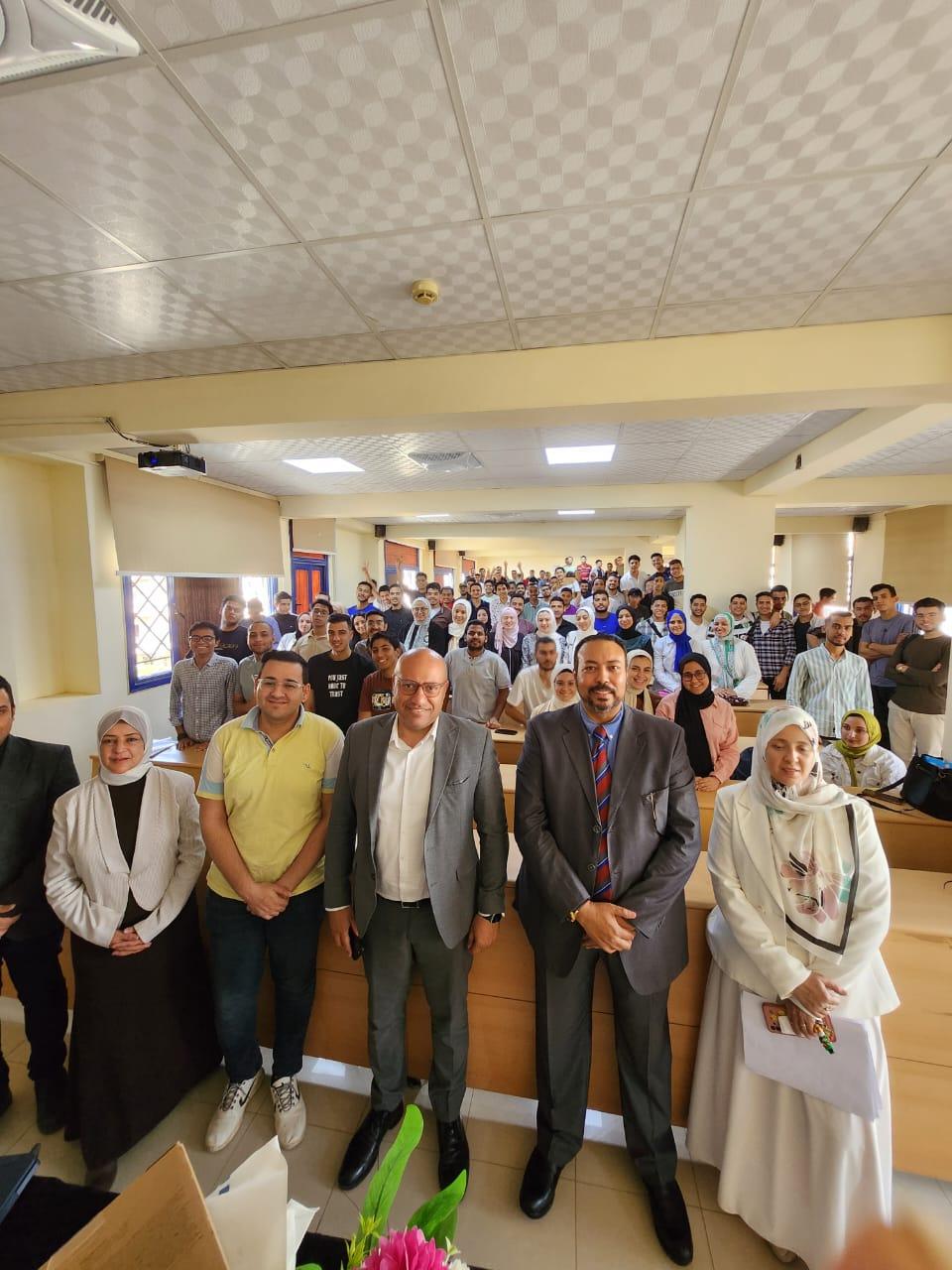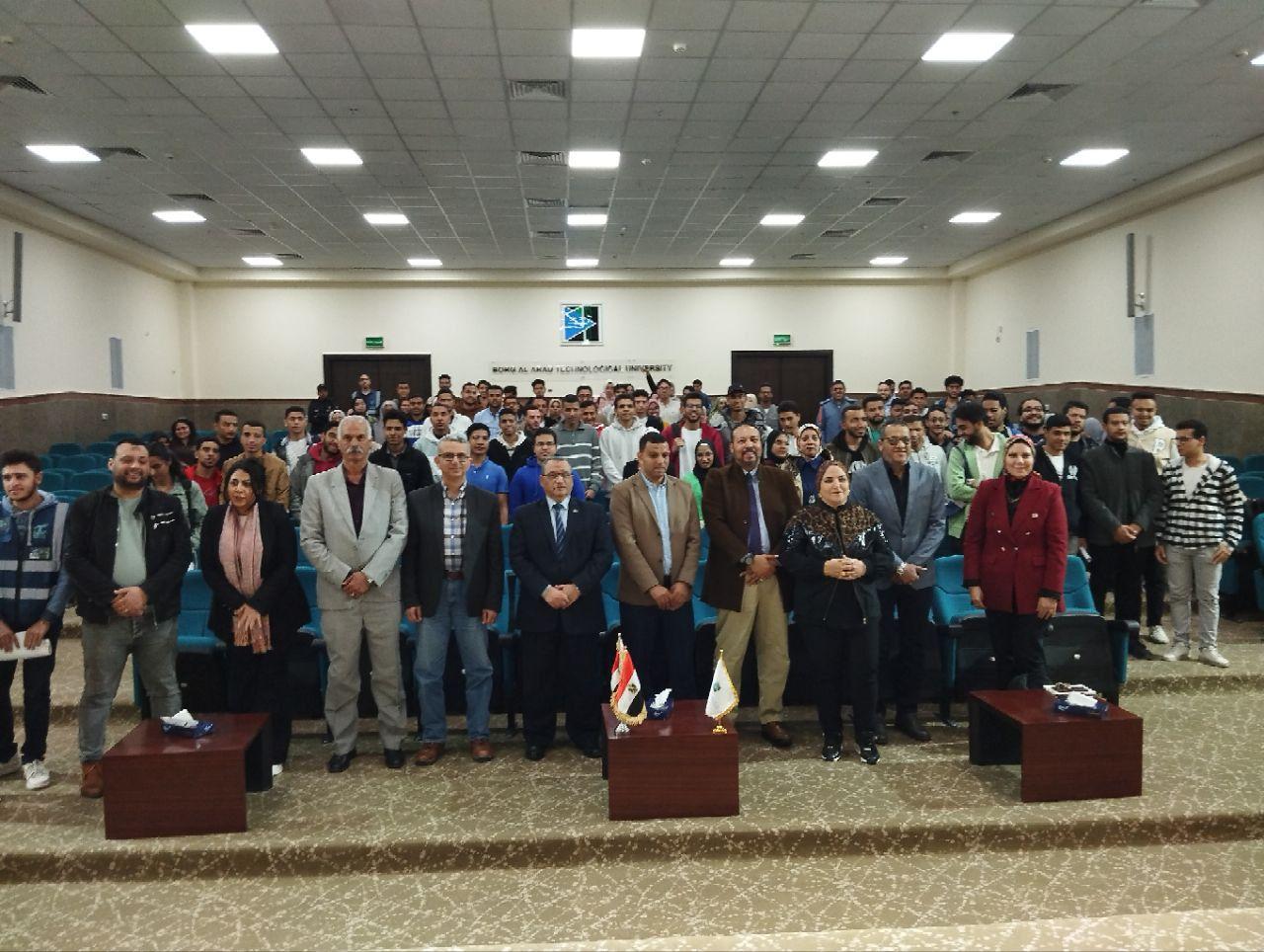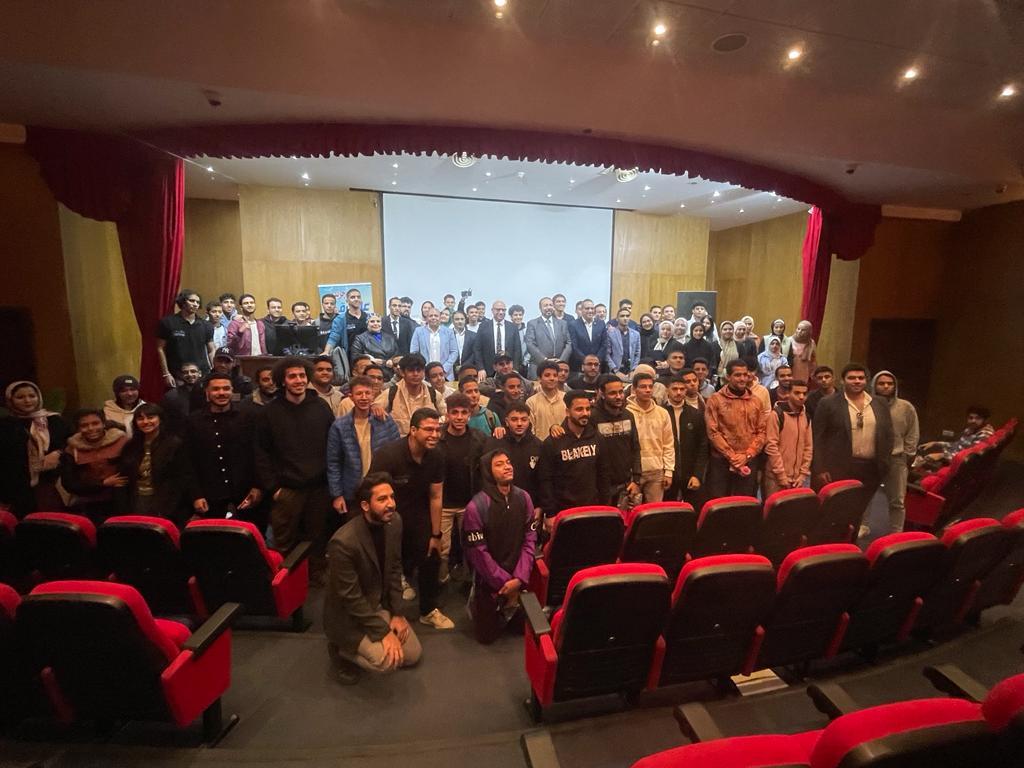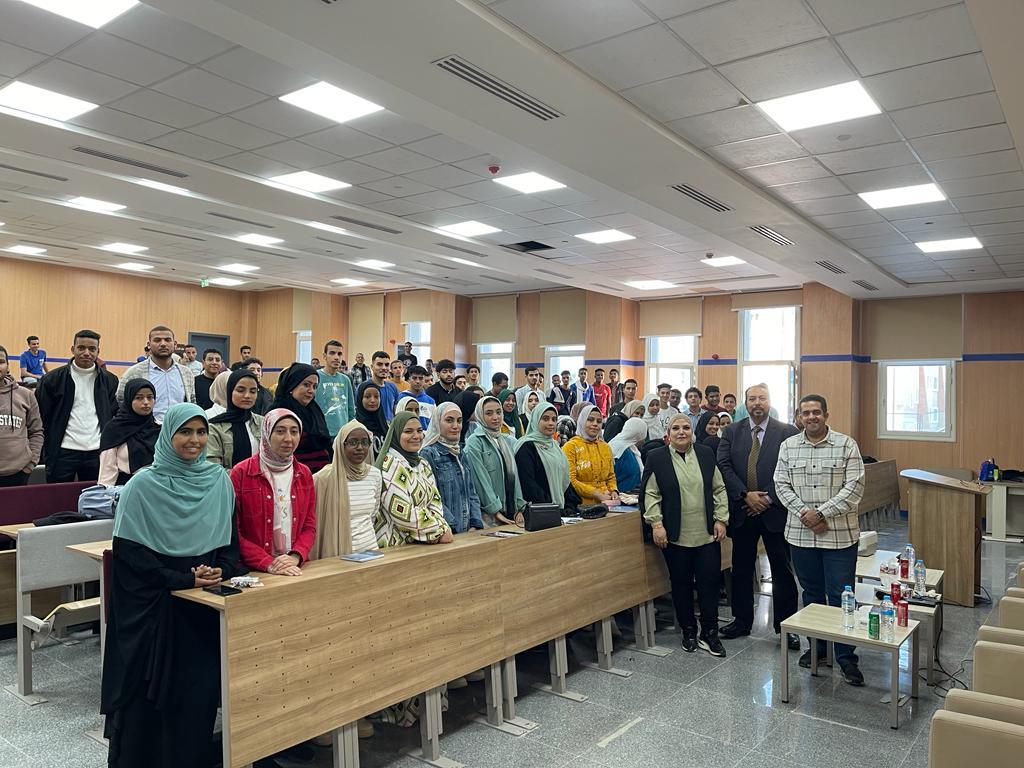Experts are worried after seeing the results of the yearly digital privacy test
By : Nahla Makled
Even though people seem to know the theory of how to stay secure online, users all around the world don't practice what they preach and still maintain very poor cybersecurity habits, according to research by NordVPN.
The National Privacy Test results are fairly satisfactory as the global score is 66 points out of 100, compared to 64 last year. Despite knowing well how to assess and react to online threats (84/100) and how to stay safe online (72/100), when it comes to habits, the score is 48 points out of 100.
24,311 respondents from 197 countries took the test to celebrate International VPN Day (August 19) and assess their online privacy awareness.
“This is the second year when we encourage people to take the National Privacy Test, evaluate their knowledge, and then learn more about privacy and safety on the internet. Sadly, cybersecurity habits are not improving, and it only shows how important it is to bring more awareness to the topic,” digital privacy expert at NordVPN Daniel Markuson comments.
Who’s the best?
NordVPN compared the performance of 10 countries where the number of respondents was the highest. Germany remains the most advanced country (70/100) on all accounts: they have great online privacy knowledge (73/100), absolutely rock the understanding of what not to tolerate when faced with online threats (87), and maintain healthy habits online (52).
The US was second (68/100). Americans have actually improved their score by one point compared to last year, but, although their privacy and risk knowledge has improved, their habits remain quite poor.
Habits remain the problem
The way we lead our lives online makes us either more or less vulnerable to cybercrime. And the habits we have formed are still not great: 48 points out of 100 (compared to 47/100 last year).
The test evaluated users’ habits on four accounts: management of app permissions, information sharing on social media, understanding trade-offs of private data, and keeping digital hygiene.
It appears that only 37% managed their app permission in a proper way and paid attention to giving out only the most necessary information.
33% knew how social media privacy settings work and what should and should not be shared online. Overall, only 58% were taking their privacy seriously with using tools to become more private online, creating strong passwords, and keeping general digital hygiene.
Why we should bring more awareness
As this year’s results show, the improvement is gradual and quite slow. In fact, among the countries with the most respondents surveyed, the UK and Australia had the biggest improvement (3 points) compared to last year’s results. On the other hand, some of the countries (Italy, France, and Ireland, for example) had a setback in their ratings.
“NordVPN’s research shows that, while most of us know some things about staying private online, we do not put them in action. Most often, people think that they are doing enough and don’t evaluate the threat objectively. So, bringing more awareness to the importance of cybersecurity and educating yourself and the people around you is the only way to boost the worldwide National Privacy Test rating next year,” says Daniel Markuson.
To find out more about cybersecurity, please visit the International VPN Day web page.
The global ranking of countries by their performance in the National Privacy Test
|
Position |
Country |
National Privacy Test Score 2021 |
National Privacy Test Score 2020 |
|
World |
64 |
66 |
|
|
1 |
Germany |
70 |
70 |
|
2 |
US |
68 |
67 |
|
3-4 |
UK |
67 |
64 |
|
3-4 |
The Netherlands |
67 |
68 |
|
5-7 |
Australia |
66 |
63 |
|
5-7 |
France |
66 |
67 |
|
5-7 |
Sweden |
66 |
66 |
|
8-9 |
Canada |
65 |
63 |
|
8-9 |
Ireland |
63 |
65 |
|
10 |
Italy |
63 |
65 |
Source: National Privacy Test by NordVPN
Methodology
NordVPN launched an open-access survey National Privacy Test in August, 2021. 24,311 respondents from 197 countries responded to 20 questions that evaluated their online privacy skills and knowledge. Drilling down to an individual country level, the analysis was performed only on countries where the number of respondents was higher than 300.
#alamrakamy
#عالم_رقمي
#أمن _المعلومات










